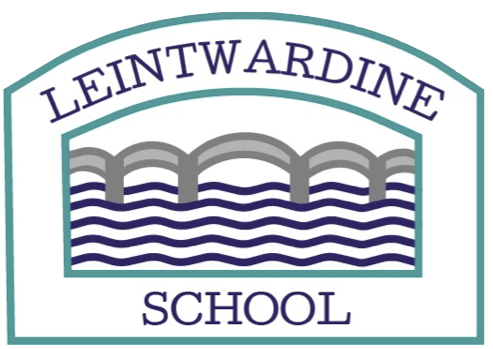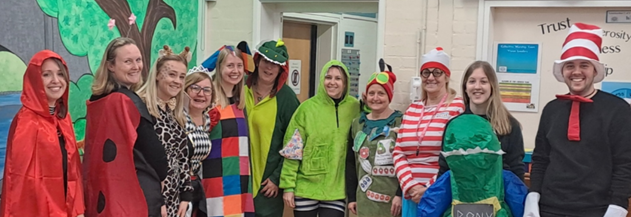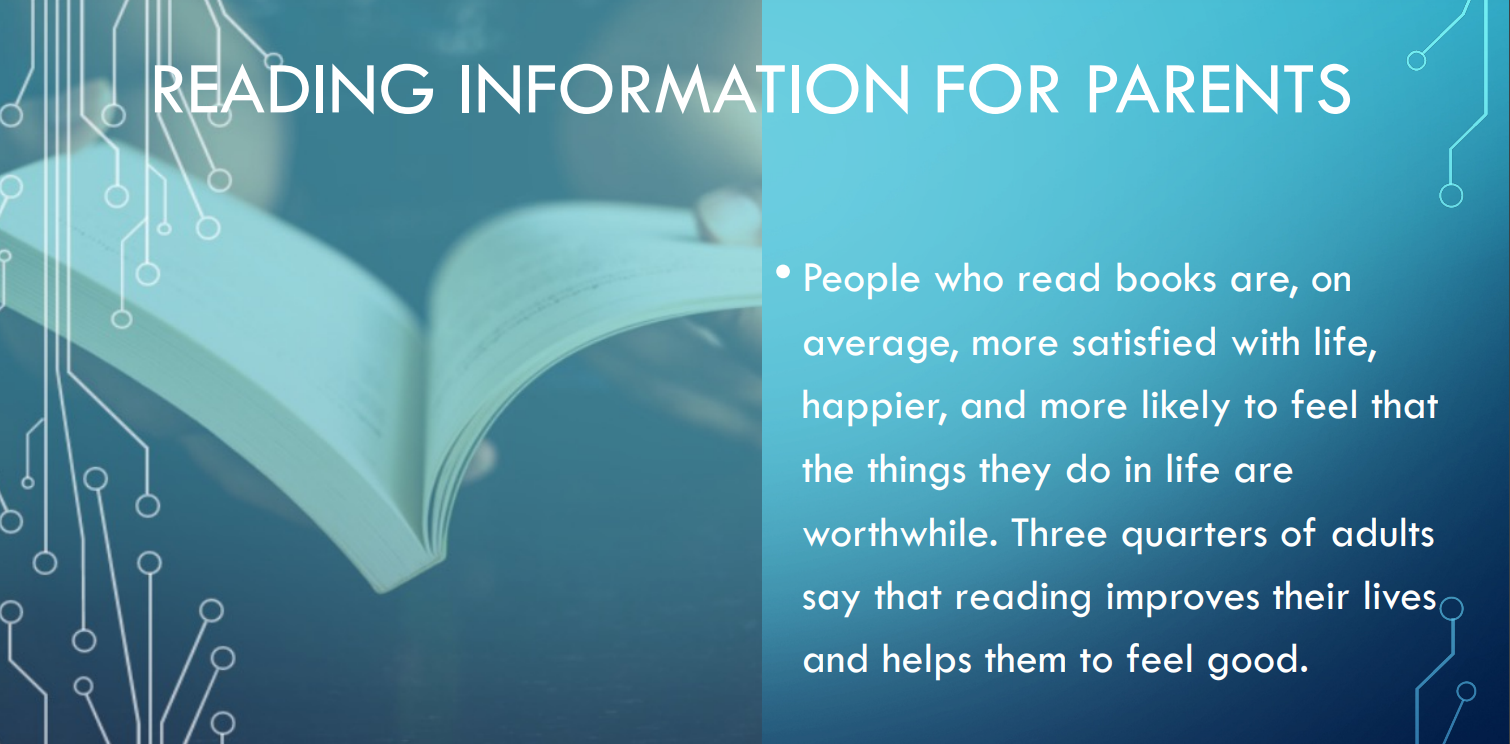Reading
Our Vision for Reading at Leintwardine
Primarily, it is our vision that at Leintwardine Primary School that we inspire a love of reading and produce lifelong readers because of that. We believe that reading is the key to unlocking so many aspects of life and learning. It enables the acquisition of vocabulary so that in both speech and writing, there is a richness and understanding. It enables children to nurture their imaginations and opens up a world of possibilities. As well as helping to cultivate their imaginations, it is also a means of acquiring new knowledge and plays a vital role in children’s social and emotional development. Additionally, reading enables children so develop familiarity with a wide range of sentence structures and literary devices, enabling them to make links to what they read to putting them into their own writing. We aim for children to develop good reading habits and expect our children to appreciate that reading is a life enhancing skill that will assist them in finding their place in the world.
We believe that the teamwork between home and school is vital in the success of developing readers. We actively encourage and expect the involvement of parents in their children’s reading and look for opportunities for parents to join us in school wherever we can.
Implementation of Reading
In our school, we use a variety of different methods to improve our children’s reading. From Reception and Year 1, we employ phonics using the DfE validated Twinkl Phonics scheme four mornings a week. The books that children in Reception and KS1 read are carefully chosen in order to correlate with their phonic knowledge, following the Rhino readers program.
Throughout the school, we use the lenses of Jane Considine’s Reading Rainbow as a vehicle for teaching different aspects of reading. Using this resource, Book Talk is delivered throughout the school. This reading approach has clear focus on the enjoyment of reading, deepening conversations about books, widening children’s repertoire of vocabulary as well as deepening their comprehension skills.
Throughout the school, children complete Cracking Comprehension lessons weekly. Here, children are given an extract from a piece of fiction, non-fiction or poetry and answer a series of questions where they practise their retrieval, inference and prediction skills. Every other week, children will have a guided session with the class teacher and then an opportunity to apply what they have been taught independently the following week.
Additionally, we complete weekly demonstration comprehension where we focus on three lenses which shape three carefully written questions that not only help children to think deeply about a text, but also to help develop their understanding of tier two language. We work on children forming detailed answers that are supported by evidence from the text, verbally in Reception and KS1 then written answers in KS2.
Throughout the week, all classes deliver reading for pleasure sessions where children simply sit and enjoy being read to. The texts are carefully chosen, purely with the enjoyment of the children in mind.
Reading Cuture
A 'We Love Reading School'
As a school we are committed to ensuring that reading is a positive activity. Children and Adults a like love talking about what they are reading and their favourite books.
Many of our older children express a desire to support younger children in the school’s library. Our Reading Champions run the library at lunchtimes.
Reading Miles
Our reading is going to take us around the world! Each time a child reads outside of school, they collect 10 miles. Each week, we count the miles collected and recorded in reading diaries to be counted. Once 10,000 miles have been accumulated collectively as a school, we have a themed day. The theme will be different cities/countries around the world. Children vote from a choice of two, for the next destination that we are going to be aiming for.
On the theme day, we will learn and share facts about the destination. The children will be able to dress up to the theme (as simply as colours from the country’s flag). We will share traditional tales set in that destination or about that destination. Additionally, different activities will also be planned from different areas of the curriculum.
Mystery Readers
We have enjoyed taking the opportunity to invite adults from our community into school to share a favourite book or extract with the children. We have kept the identity of our volunteer readers a secret until they have arrived in the classroom to create extra excitement around having a visitor come into class, which has worked beautifully. Thus far, our volunteers have been parents, staff, visitors from the community and Governors visiting different classrooms. In the pupil voice questionnaires, KS2 children expressed an interest for people from outside our immediate school communities to visit the classroom.
As a school we use the 'Book Talk' approach to reading this is a reading approach that has clear focus on the enjoyment of reading, deepening conversations about books, vocabulary knowledge and comprehension.
Library Visits
We are very excited to have committed to each class visiting our village library once every term. This is to give children an experience that they may not have had before as well as showing them another way they can enjoy reading. We plan to promote the libraries reading initiatives within school. The feedback from both the children and the library has been very positive and we look forward to continuing to work together throughout next year.
Staff Reading in Assembly
Each week, a member of staff visits celebration assembly to share a book or extract with the children. It is our hope that by sharing our own passion for reading, it will inspire and encourage the children to pick up a book. The children have enjoyed this addition to their assemblies and have particularly enjoyed seeing all members of staff, especially those who from other classes that they don’t see often.
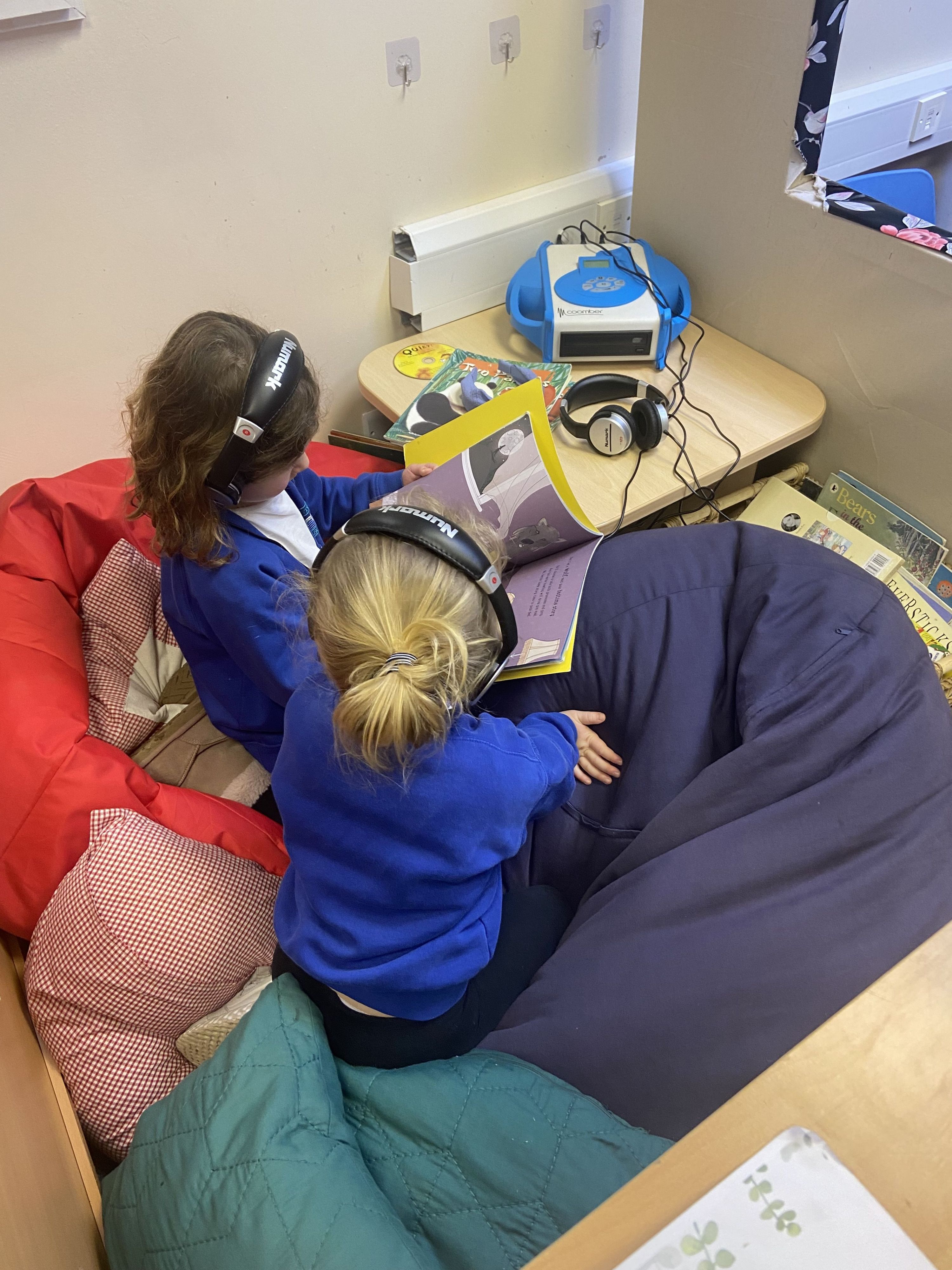

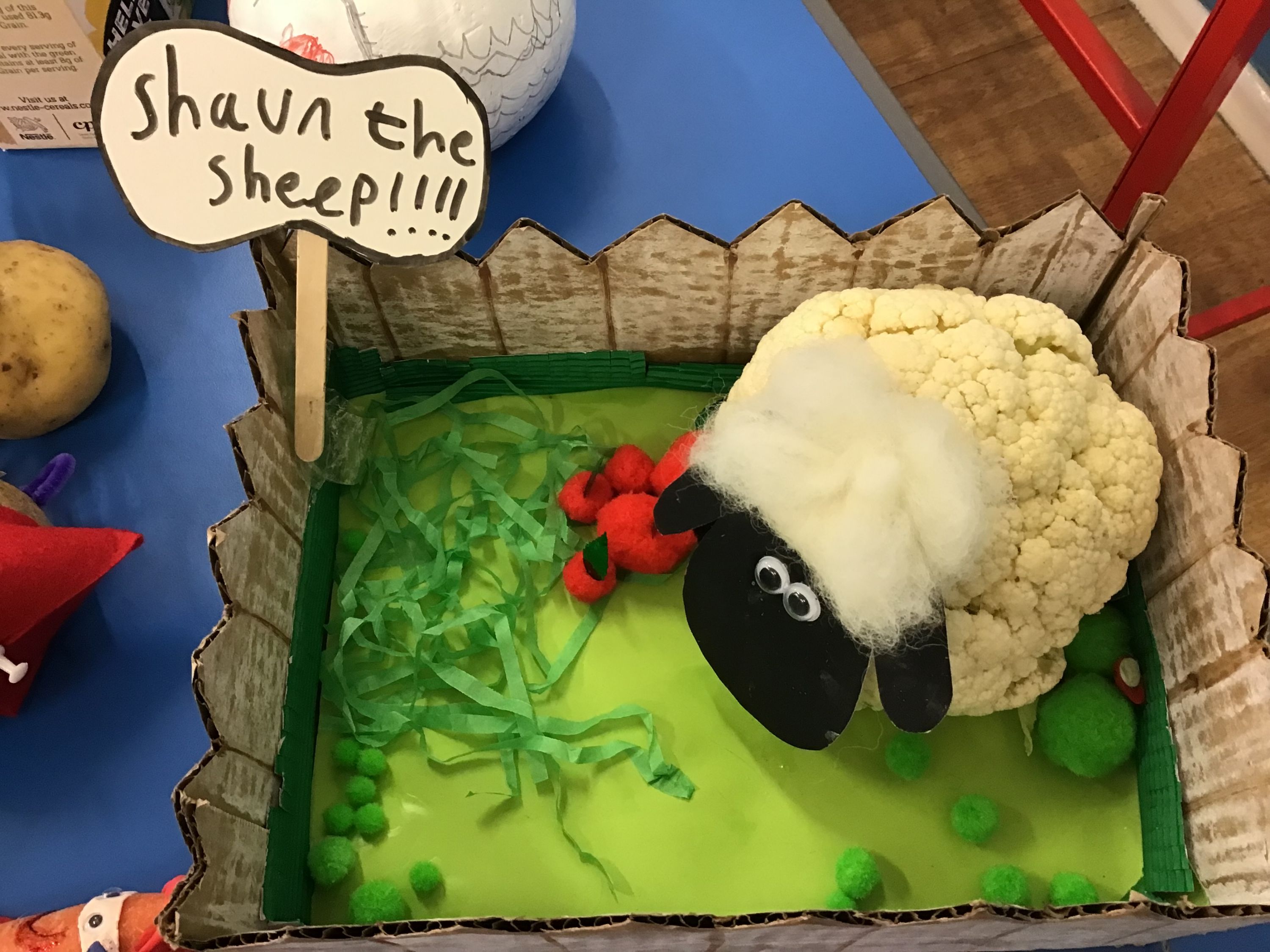
You can find the expectations (from the National Curriculum) that children in each year group should be working towards and achieving by clicking on the year group number below:
1 2 3 4 5 6

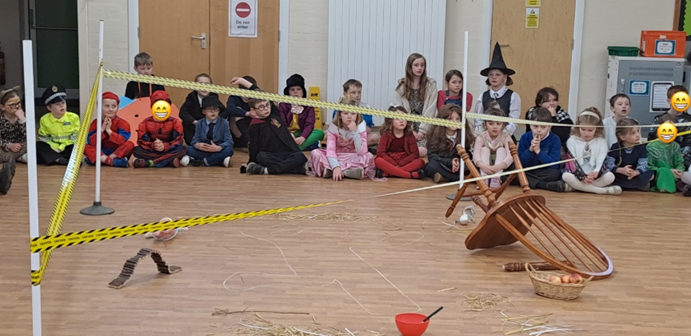
Our World Book Day mystery scene, children had to soleve the clues during the day to see who had done the crime.
The third column.
